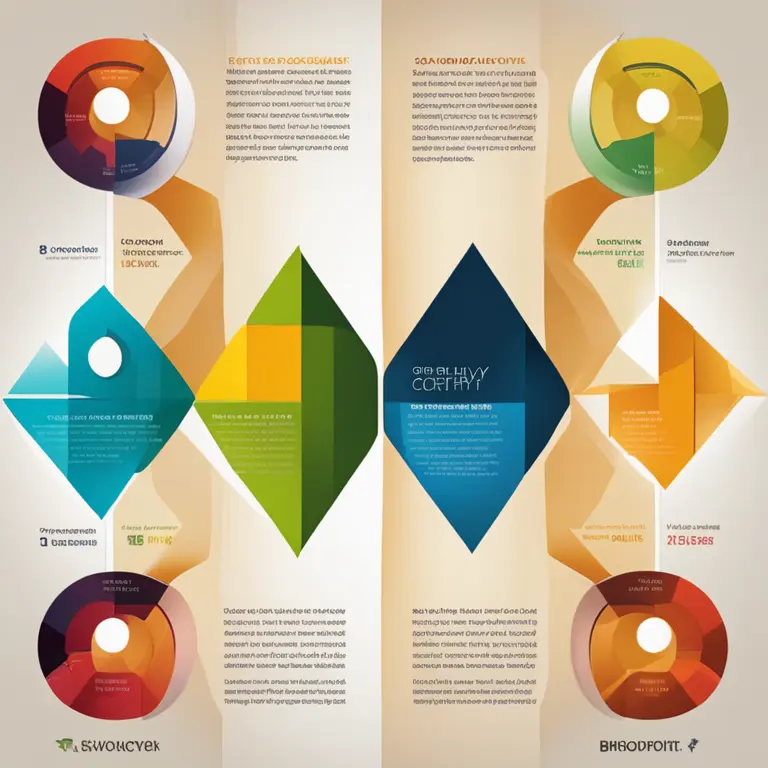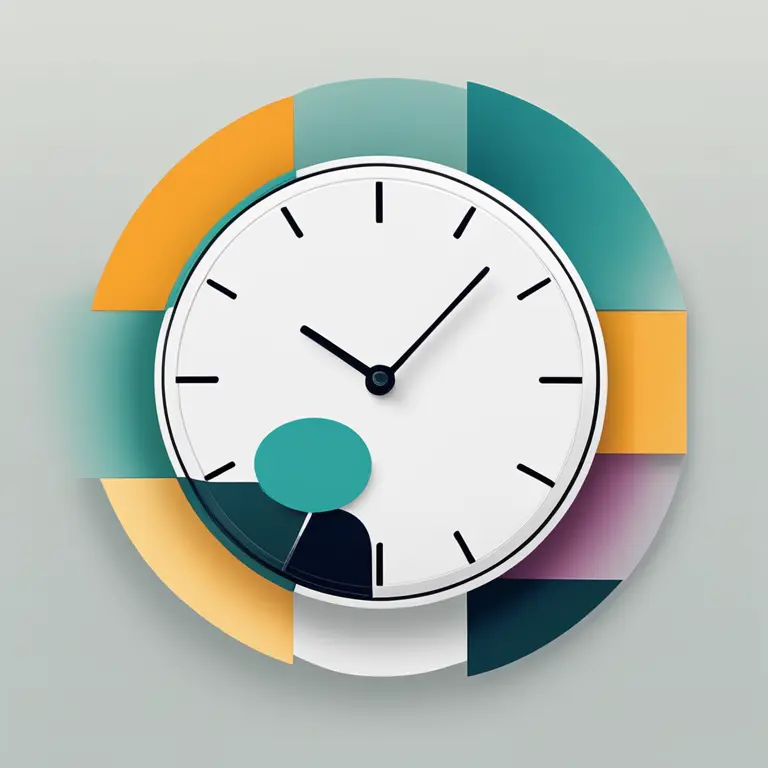
Biorhythm Calendar: Harness Your Natural Cycles
Discover how a biorhythm calendar can guide you to optimize your daily life by tuning into your innate physiological rhythms.
article by Adrian Wallace
Introduction to Biorhythms
In the realm of self-awareness and personal optimization, biorhythm theory presents a fascinating avenue. It suggests that our daily lives are influenced by innate cycles that affect our physical, emotional, and intellectual capacities. A biorhythm calendar acts as a tool to map these cycles, potentially allowing individuals to enhance performance, mood, and decision-making by aligning activities with their natural rhythms. This article delves into what biorhythms are, how they are calculated, and ways you can use a biorhythm calendar to your advantage.

The Science Behind Biorhythms
Biorhythms are based on the idea that from the moment we are born, we embark on three fundamental cycles: physical, emotional, and intellectual. Each has a different duration; the physical cycle lasts 23 days, the emotional cycle is 28 days, and the intellectual cycle spans 33 days. The interplay of these cycles suggests that our abilities in each domain fluctuate over time. By charting these, a biorhythm calendar provides insights into when we might be at our peak or trough in each aspect.

Creating Your Personal Calendar
To compile a biorhythm calendar, one must first pinpoint their birth date and then apply mathematical formulas to project the cycles forward. With today's technology, numerous websites and apps can generate personalized biorhythm charts with ease. By entering your date of birth, these tools can present a visual representation of your cycles for any given day, month, or year ahead.

Reading Your Biorhythm Chart
Interpreting a biorhythm chart is straightforward: a sine wave crest represents a high point in a cycle, while a trough signifies a low period. When the wave crosses the midline, it indicates a day of transition from high to low, or vice versa. Understanding your chart can aid in predicting days of high alertness, creativity, and resilience, as well as those times when you might need to exercise caution or require additional rest.

Practical Applications
So, how can you leverage your biorhythm chart in everyday life? You might schedule challenging tasks or intense workouts during physical highs, while saving important discussions and creative pursuits for emotional and intellectual peaks, respectively. Conversely, being aware of your low phases can prompt you to avoid risky situations, reduce stress, and grant yourself grace during these more vulnerable times.
The Skeptics' Viewpoint
Despite the interest in biorhythms, it is crucial to acknowledge the skepticism surrounding their scientific validity. Critics argue that there is insufficient empirical evidence to substantiate biorhythms' predictive power. However, many individuals who observe their cycles find personal value and improved self-awareness from the practice, even if the effects might be attributable to the placebo effect or simply heightened attention to one's wellbeing.
Looking Forward
Moving into 2024 and beyond, the allure of biorhythms endures as part of a holistic approach to wellness. As we continue to explore the boundaries of human potential and self-improvement, integrating concepts like biorhythm calendars into our lives might indeed prove to be a valuable compass. Whether science eventually fully endorses the theory or not, the individual journey towards synchronization with one's internal clock is a path worth exploring.
Published: 1/30/2024
Modified: 1/30/2024
More predictions
Come back here soon to learn more about yourself and your future


Biorhythm Compatibility: Syncing Life’s Rhythms for Harmony
Discover the significance of biorhythm compatibility and how it can impact your relationships, enhancing personal connections through natural life cycles.


Biorhythms Chart: Your Personal Physiological Patterns
Your guide to biorhythms chart – understand your natural cycles for better life decisions and well-being.


Harmonizing Partners: The Biorhythms Compatibility Guide
Discover the intriguing connection between biorhythms and relationship compatibility. Enhance your partnership by understanding your natural cycles.